A couple of months ago, I was invited by the university I graduated from to be one of the speakers in an event in my home country of Brazil. The main audience consisted of students and local developers. I wanted to create a talk for everyone and I knew there would be people with almost no experience but also experts. Since I’m from a relatively small city and most of the people live just a few steps away, I decided to open their minds to remote work. Achievement unlocked!

Why is company culture so important to a business?
There is a simple way to frame this. The stronger the culture, the less corporate process a company needs. When the culture is strong, you can trust everyone to do the right thing. — Brian Chesky, Co-founder and CEO of Airbnb
This is a quote from our website and I can’t find a better way to answer this question. When I tell someone that I work for a company 7.820 km away, 🤨 is the face I receive. Remote work is not a new thing but most people still don’t understand how it actually works. A lot has been said about it, but few have explained it properly. The “secret” to making everything work is culture. During the past 10 years, madewithlove has created a strong and efficient remote culture and I’ll show you how we do it.
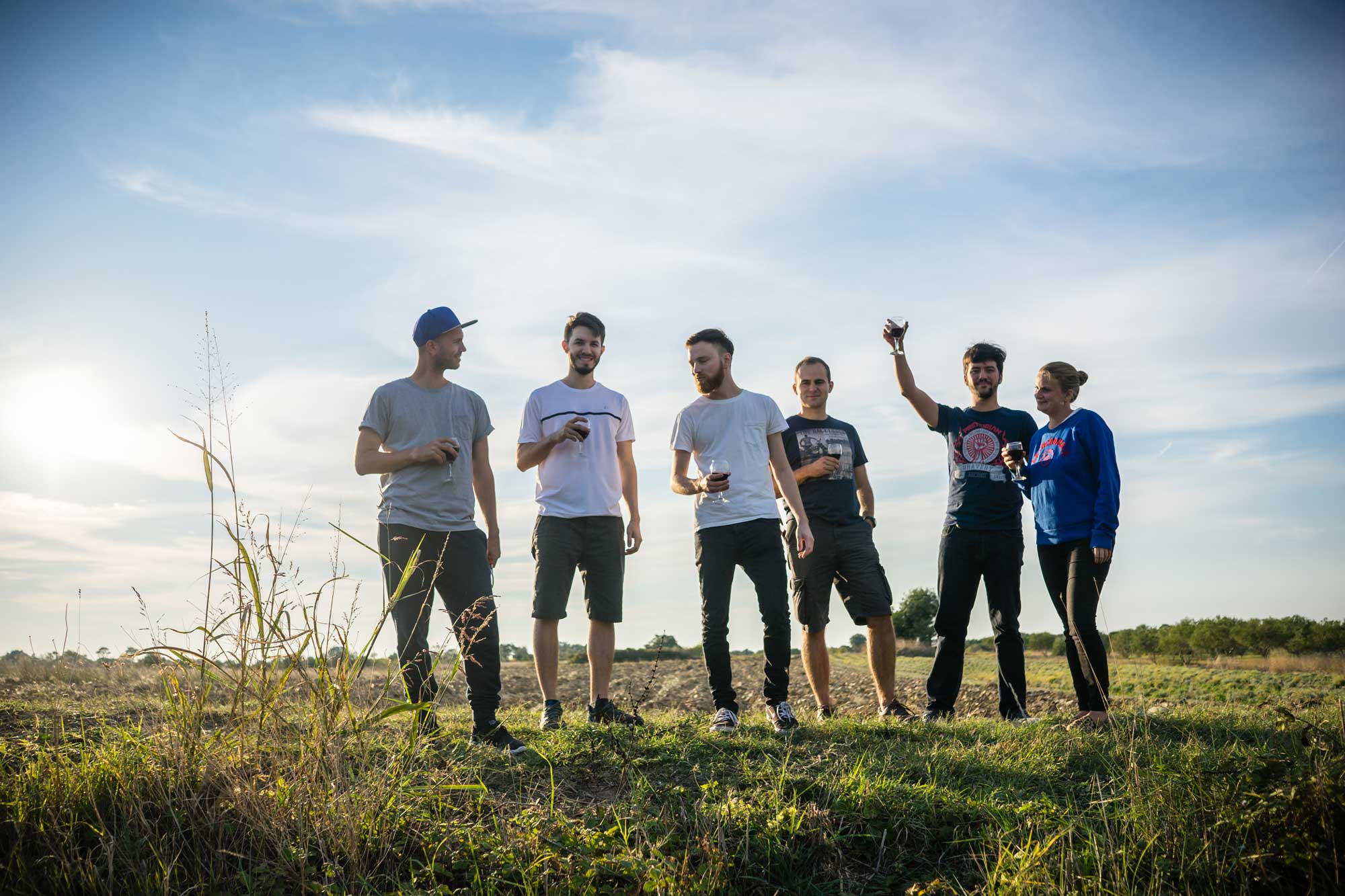
Communication is everything in remote first companies
Proper communication is one of the most important things in any company, remote or not. We have people working from 8 different countries, 7 different languages, and 4 time zones. It sounds hard to be productive, but it’s actually quite the opposite.
We don’t need to schedule team calls at 9:00 a.m. CET because some of our teammates (and I) are still in the middle of the night then. We have at least 4 hours every day where everyone should be online, so forcing calls at the middle of the night is a bad idea.
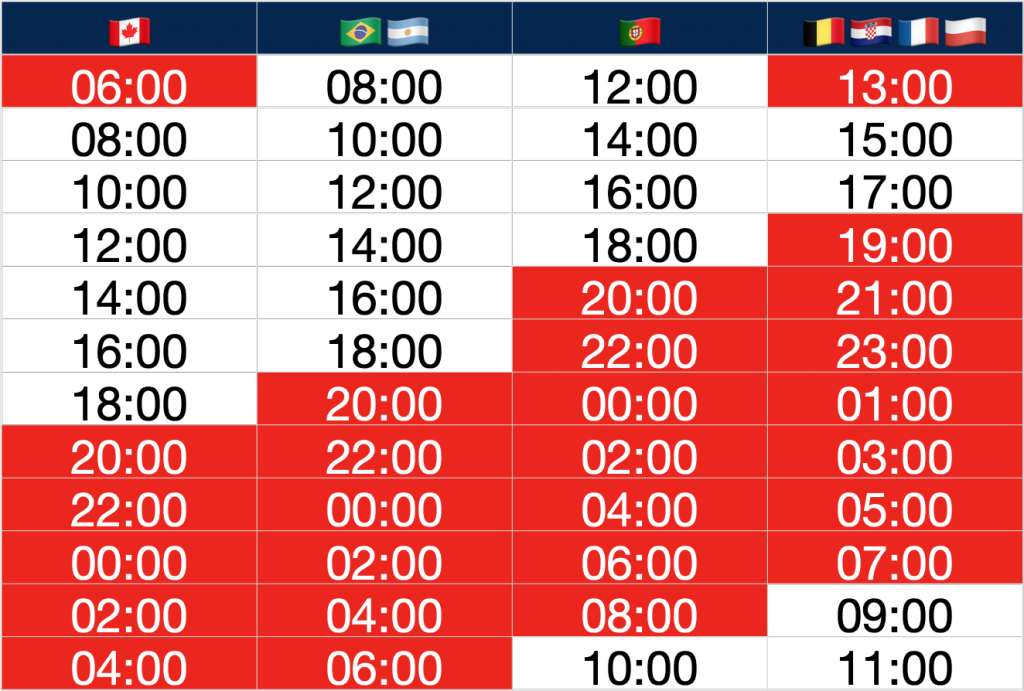
“Do you work based on the Belgian time zone or the Brazilian?” This is the question I have heard the most and the answer is subtle: I don’t but I could. I try to follow the Brazilian typical working hours (8:00-12:00, 14:00-18:00) so I’m in sync with all my friends and family. During my morning, I sit with the product managers, discuss anything we need to discuss and after lunch, I put on the headset and enter focus mode. Sometimes I wake up early and I don’t wait until 8 to start working, but instead I prepare a coffee, start my day, and then stop working sooner.
It’s not what you say it’s how you say it
Most of our communication is done via Slack and Notion, but body language is considered to be 50% of the message sent. When someone sends you “This is wrong” on Slack, you may understand as “Hmm, this is wrong let’s fix it together” or “This is wrong, what’s your problem?”. You should use anything you can to clarify your intentions, like emojis 😉. When the discussion is taking too long, arrange a video call and always turn on the camera.
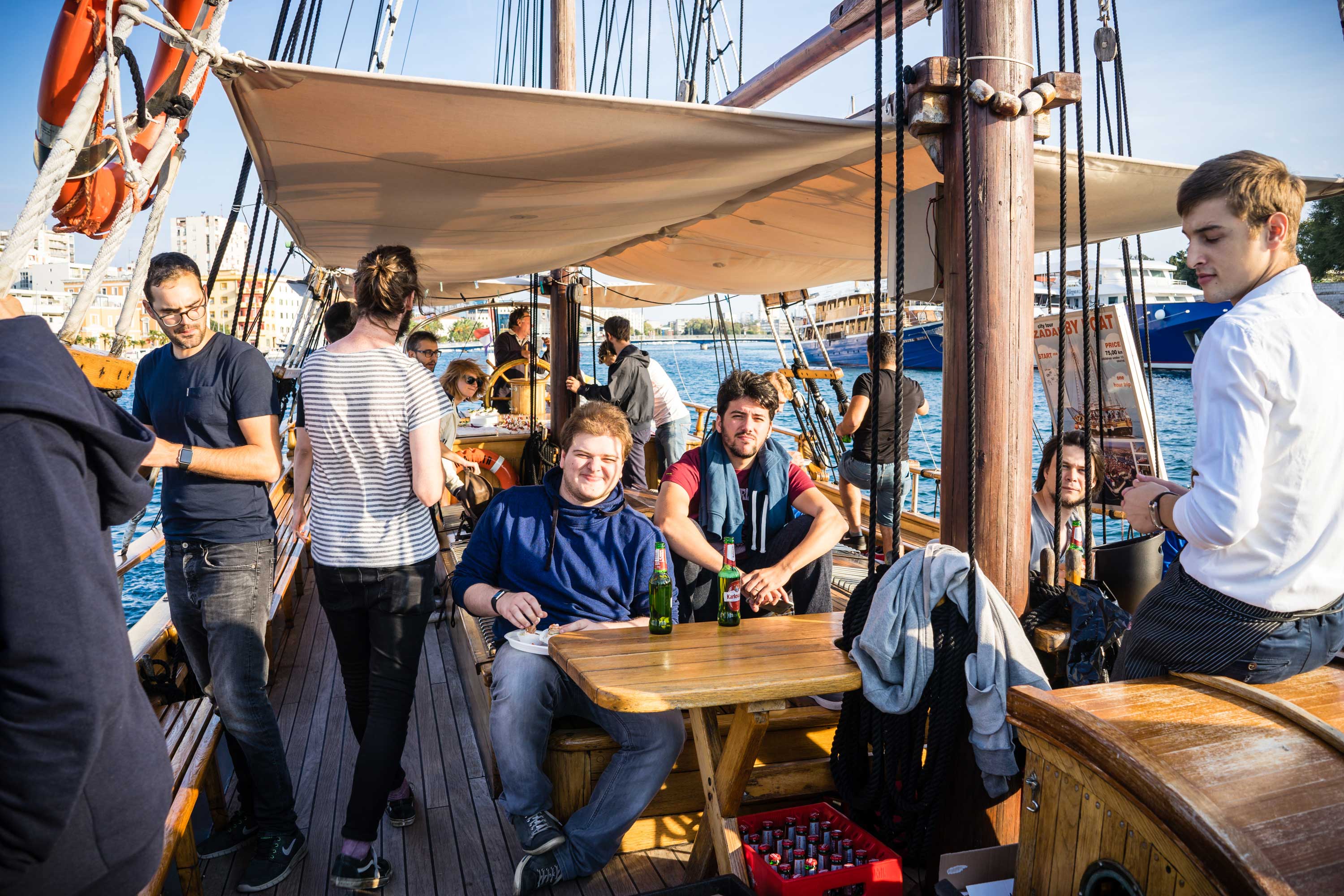
Sharing is caring
Like any company in the world, you must share information about your work: what are you doing? Are you working today? Is this task finished? What’s the status? Do you have an ETA?
When working remote, you should not expect that a teammate will answer you immediately but you should share all relevant information immediately. At madewithlove, we share everything and document everything we do on Notion, Confluence, Bitbucket, and/or Github — it depends on the client’s preferences. Documentation is key. Is there an issue in the API that’s blocking you? Create a ticket for the API team and pick-up another ticket to work until someone unblocks you. Are you on holiday and big decisions were taken? Take a moment to read the summaries and meeting notes, or maybe even watch the video meeting on twice the speed. Have you found a potential bottleneck in the project? Document, document, document…
For most projects, we have daily stand-up calls. They usually take 10-15 minutes and we share what we have delivered the day before (or not) and what your goals are for today. These calls guarantee the team is aware of something blocking you and you can redefine priorities. We are now also experimenting with a-synchronous written stand-ups.
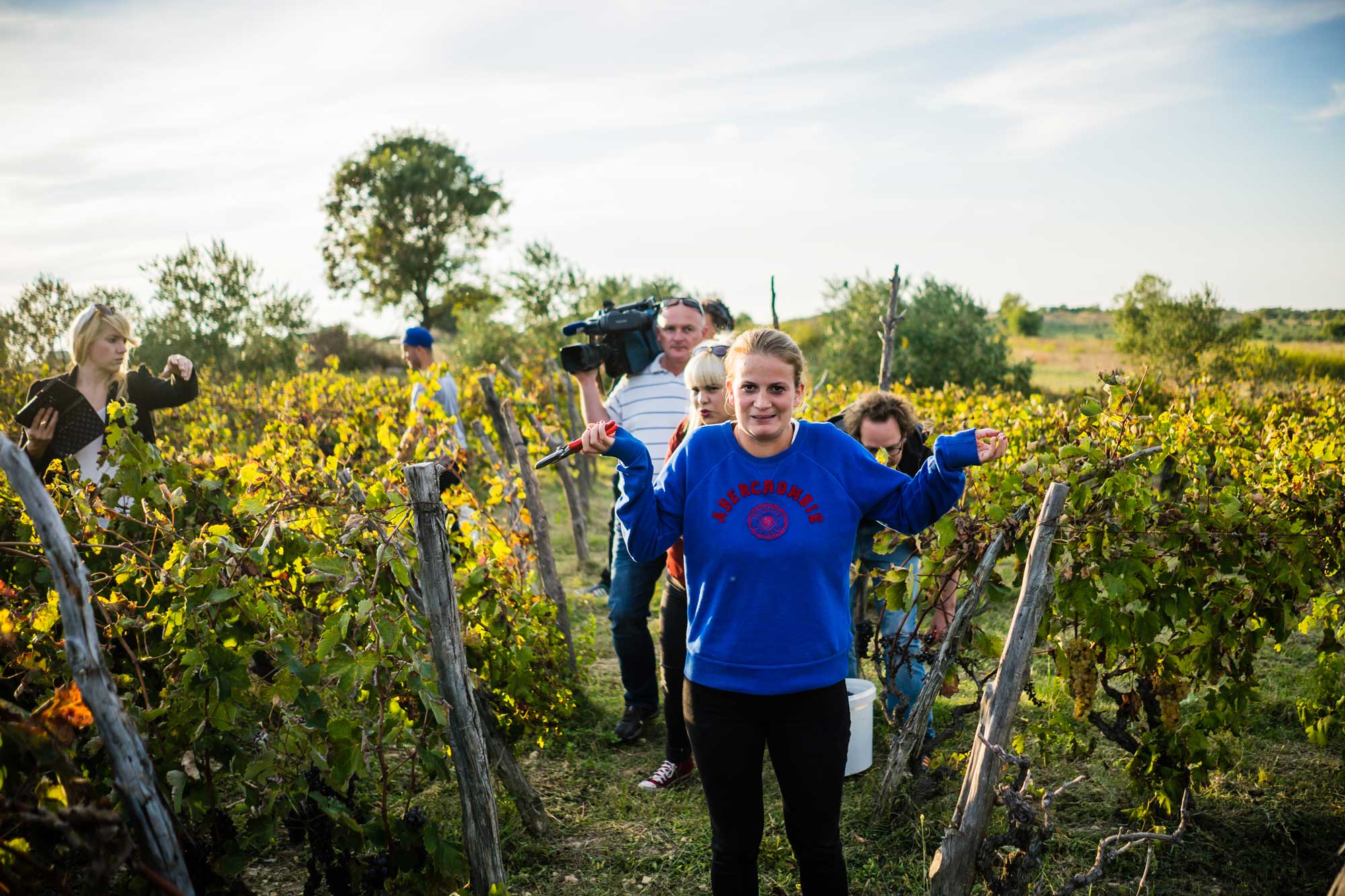
Document everything
Honestly, thorough documentation fixes so many gaps that every company should do it, not only the remote ones. Our CTO, Jonas, recently spoke to about 40 other managers during a management course. None of their companies worked remote, however, whenever he explained how madewithlove works, they could immediately relate to the fact that communication is a problem in almost every company. Working remote highlights this problem and the solutions we offer will work for everyone.
Documentation fixes so many gaps that every company should do it, not only the remote ones.
Onboarding new employees
Everyone who joins a new company needs adaptation time to: get used to the new routine; get to know your colleagues; understand how the company works; understand the codebase of the projects; and more.
At madewithlove, we have something called the buddy system. During the first weeks, the newcomer will have a teammate (the buddy) who’s responsible for explaining how everything in the company works (paychecks, holidays, time tracking, etc). They will have meetings where they talk about the job and their lives. Some people apply to us without ever working remote which might take time to get used to. Because it’s a new routine, these talks are extremely important to make the onboarding process smooth.
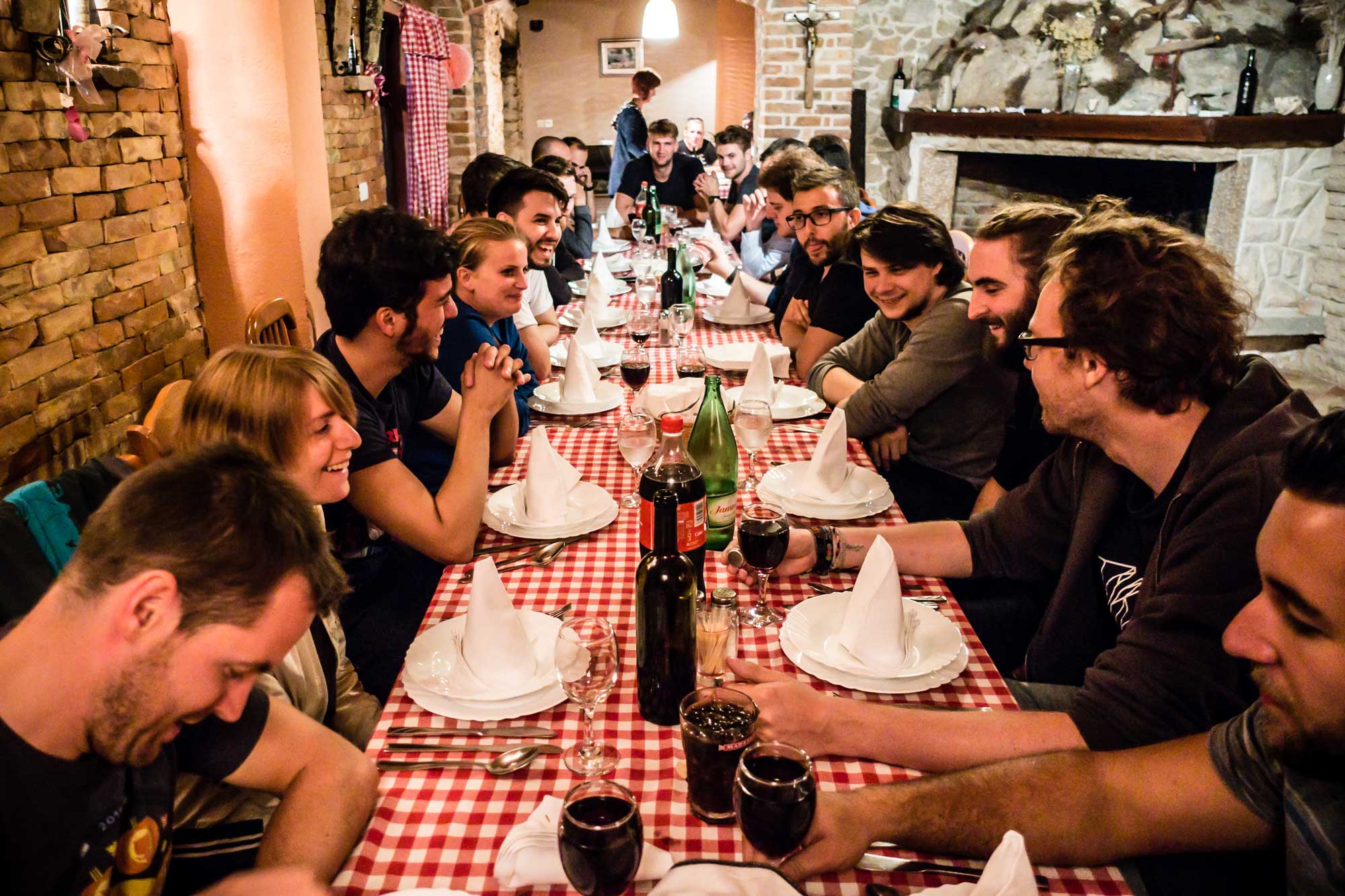
We are a feedback company
During the first days at work, I wanted to demonstrate that I had been a good choice, and the company wouldn’t regret choosing me. Even being unfamiliar with the codebase and company processes, I wanted to show progress and deliver. It’s normal when you’re new in a team that you have the desire to show what you’re capable of. However, the initial enthusiasm must be tempered, it cannot affect our client’s projects.
In every project, we do code reviews, which shares the responsibility of what’s being developed. Don’t be afraid to make mistakes in your first day since everything is new for you and we know that, so it’s ok to say “I’m stuck” since we’re here to help you. Like I said before, we share everything, even when something is good or not. Honesty is one of the companies key values.
Each year, everyone at madewithlove has two one-on-one calls with one of the partners, three informal feedback moments with the HR team, receive four reviews of their teammates via Reflect, and every month the engineers have a one-on-one with the product managers. The planned feedback helps to identify gaps in our processes and problems with our colleagues, like impostor syndrome. Unplanned feedback is also greatly encouraged at madewithlove: shoulder taps are essential to constant improvement and recognizing when people are doing great. Feedback is not only negative.
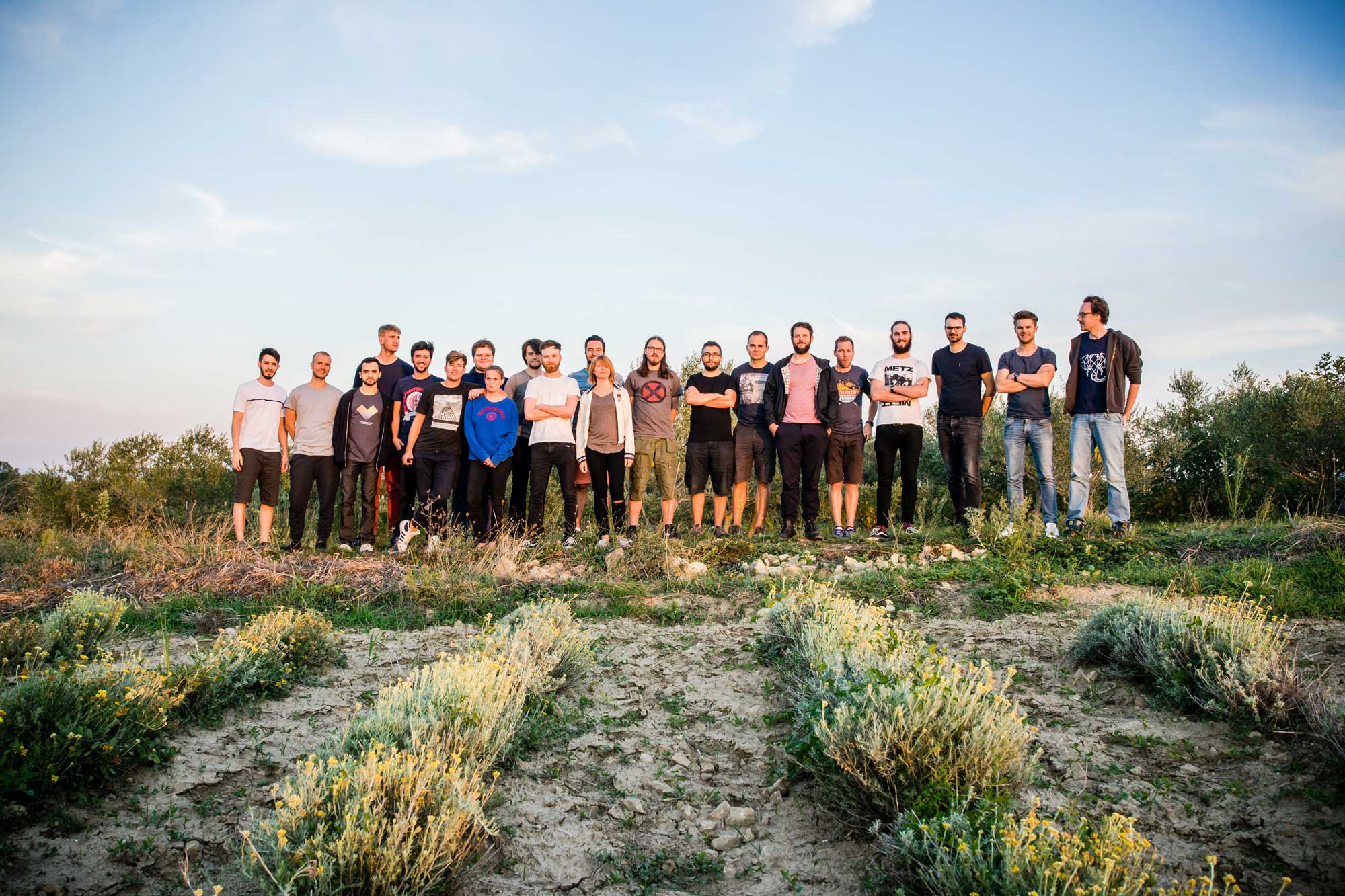
Connecting to people worldwide
I started working at madewithlove in Octobre 2015 and during the first six months, the only person I had met in person was Tony, another developer who happens to live 150km away. Suddenly, the company invited me to Belgium; I didn’t even have a passport and I’d never left Brazil before. When I arrived Yannick and Elie were super nice to me and treated me to the famous Belgium frituur with excellent beers. Later, AJ cooked an excellent dinner for Maxime and me. On my last day, Frederick took me to watch a football match at the stadium. I was shocked by how a country with such a good international team and players are not into football. For a while, Yannick was the only one at the company that I could talk about the beautiful game with but now we have other fellas and a channel on Slack. A few months later I was back in Belgium for our retreat in Zadar (Croatia) where we had a great time.
These moments create friendship, which creates a relationship between employees and the company. This impacts happiness which later on will affect performance. Every year we go somewhere in the world and stay for a week, presenting articles, discussing the company’s year, and looking for opportunities to improve ourselves. We also make sure we have a lot of fun together too. Yannick wrote a post awhile ago explaining why we believe spending a lot of money on our annual team retreat pays back.

Finally, be awesome
Can any software company do it? Probably, but it will require a lot of time and thorough dedication from the management, the HR department and the developers to the cleaning team and financial people.
The scenarios I mentioned are very common in any organisation but the tools and approaches to solving them are different. These are the tools we use every day for working remotely. I’d say the decision of software companies to work remote or not is a matter of maturity and proper mindset. However, the techniques we apply to improve our culture can be used for any company, remote or not.
Now that you know more about how we tackle remote work, is this something your company could try? Do you see any downsides of working remote, because at least for myself, I can’t come up with any.
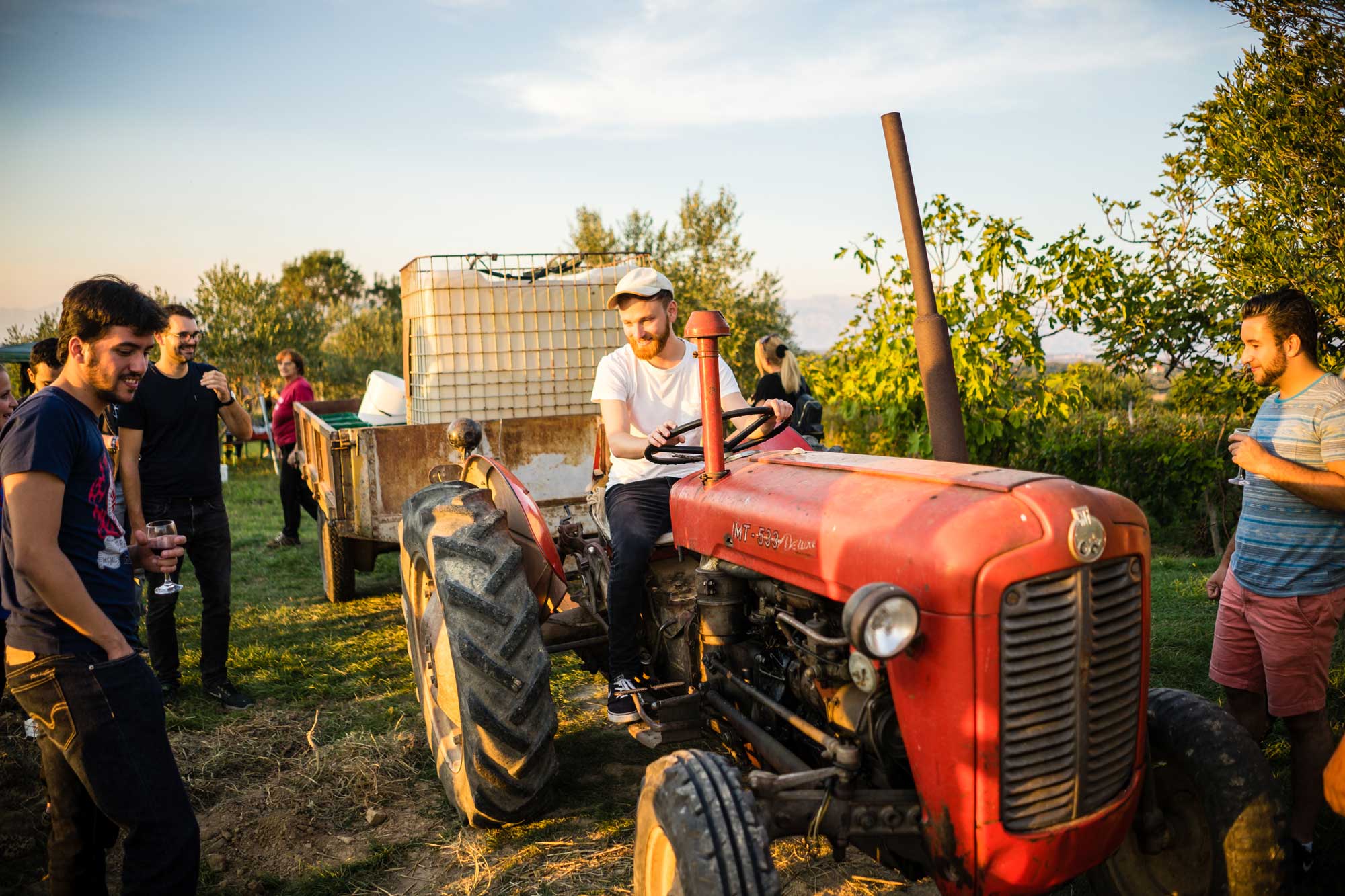
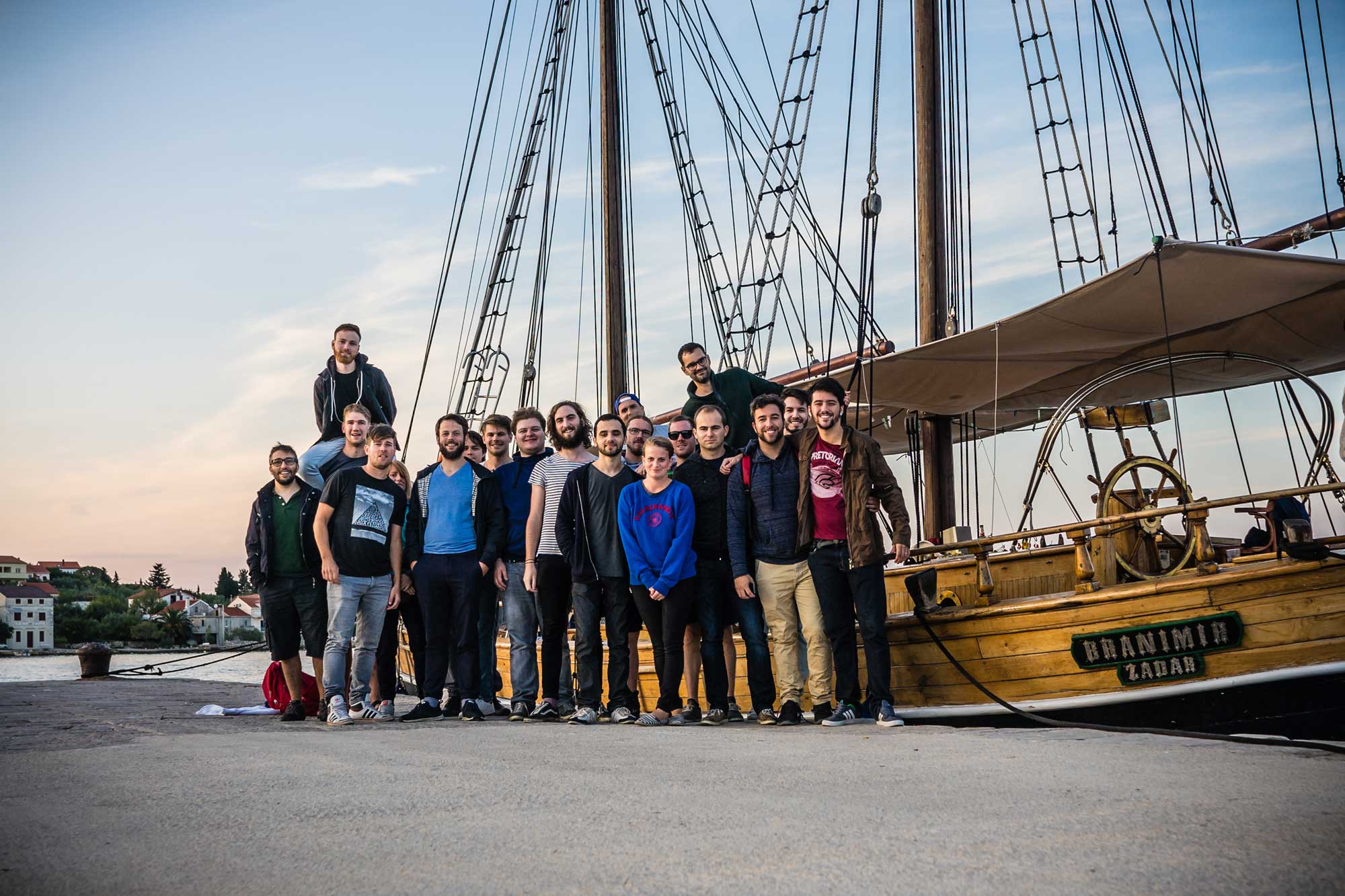

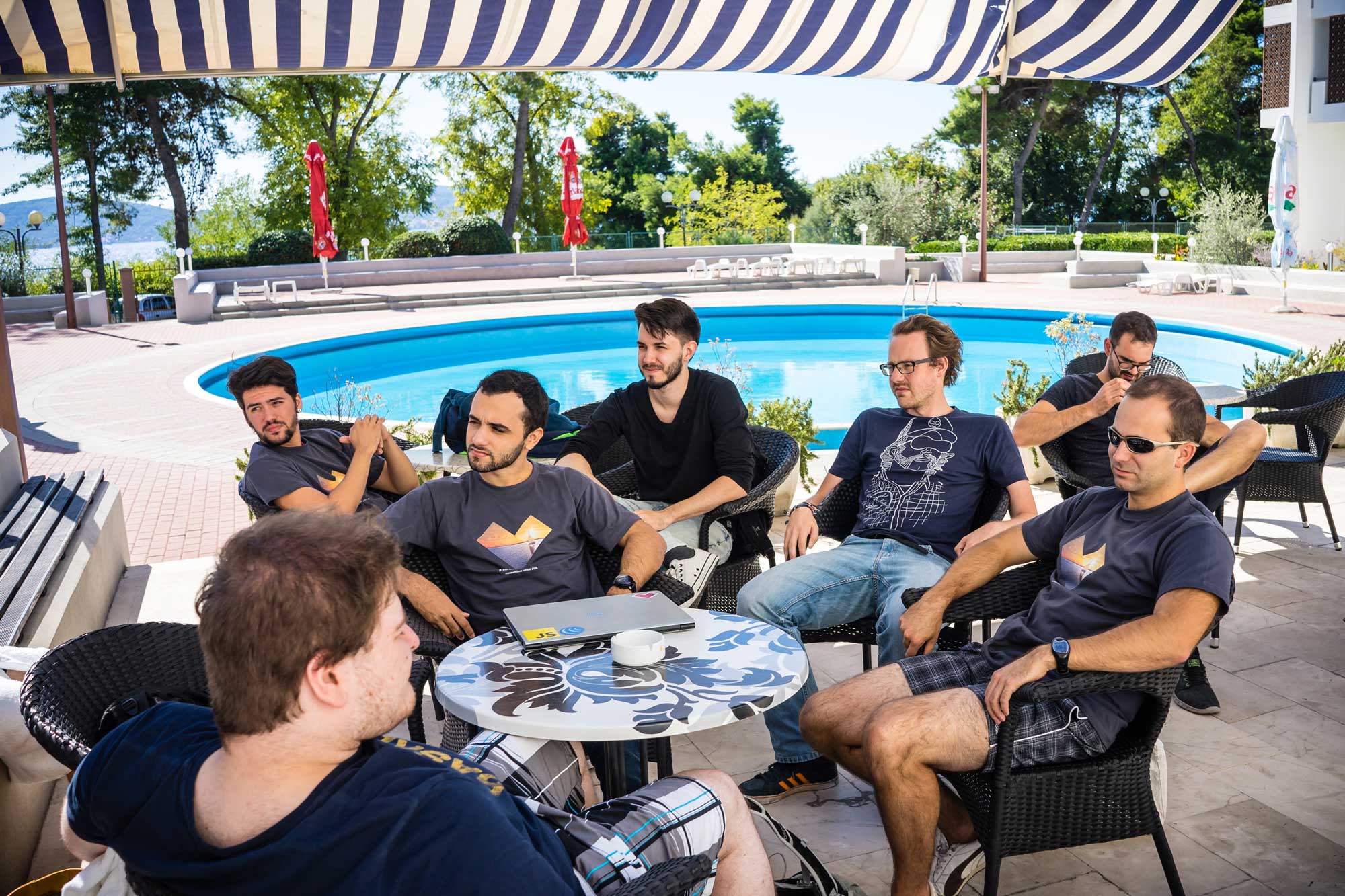
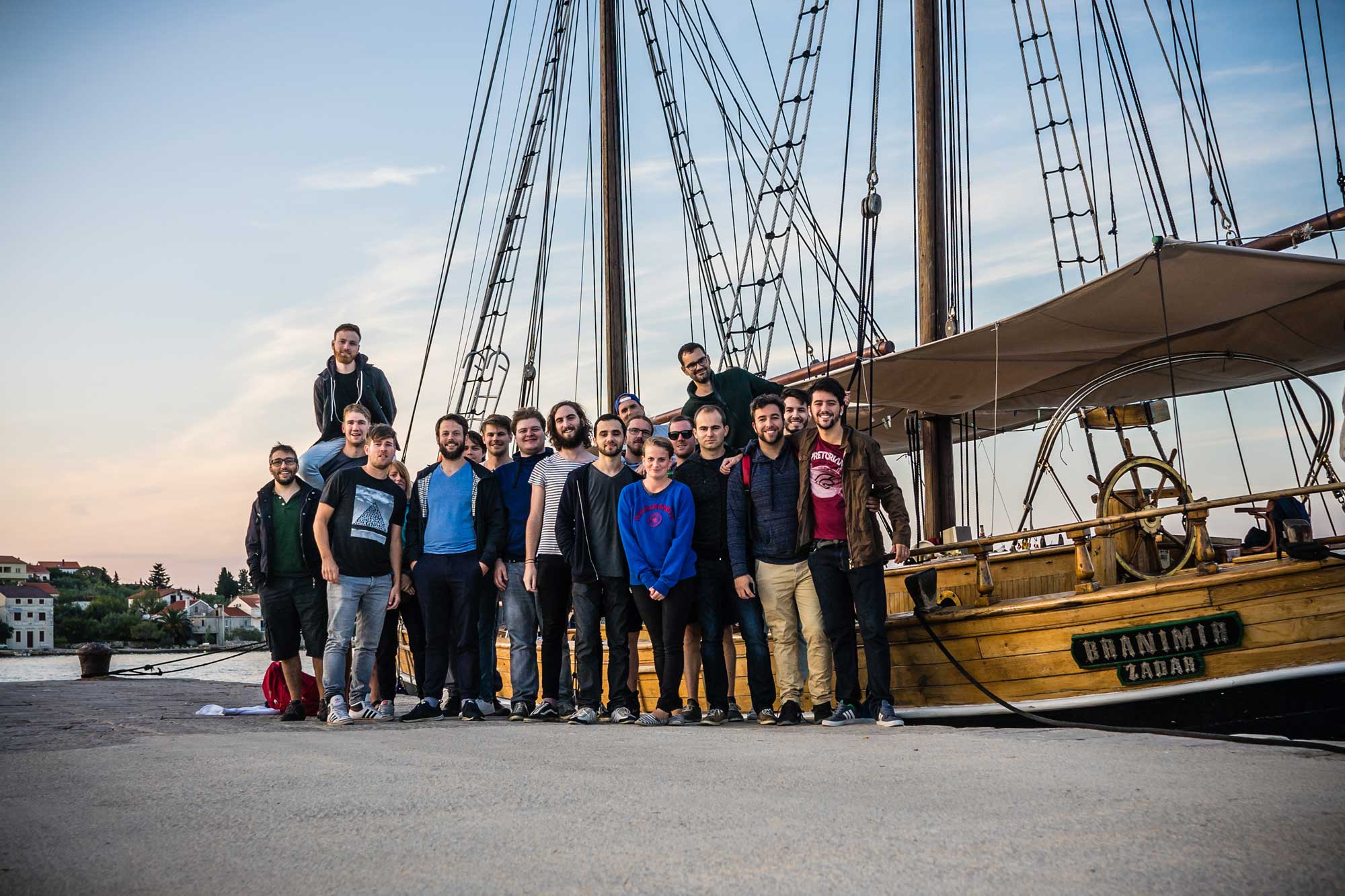








Member discussion